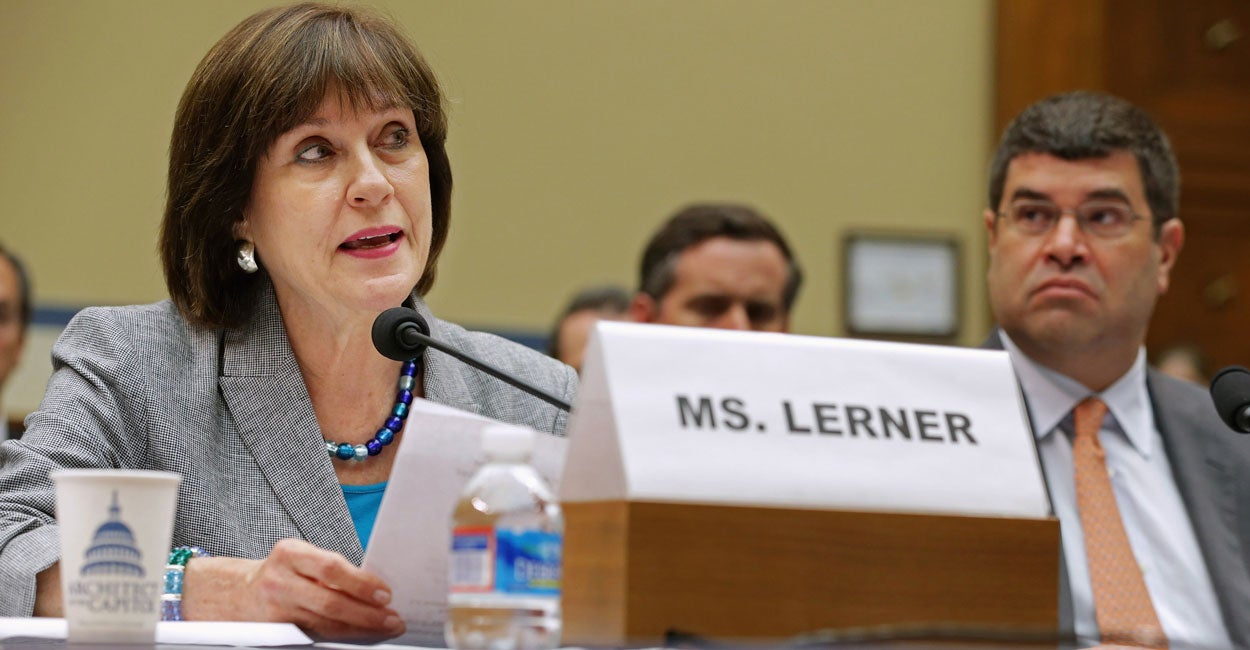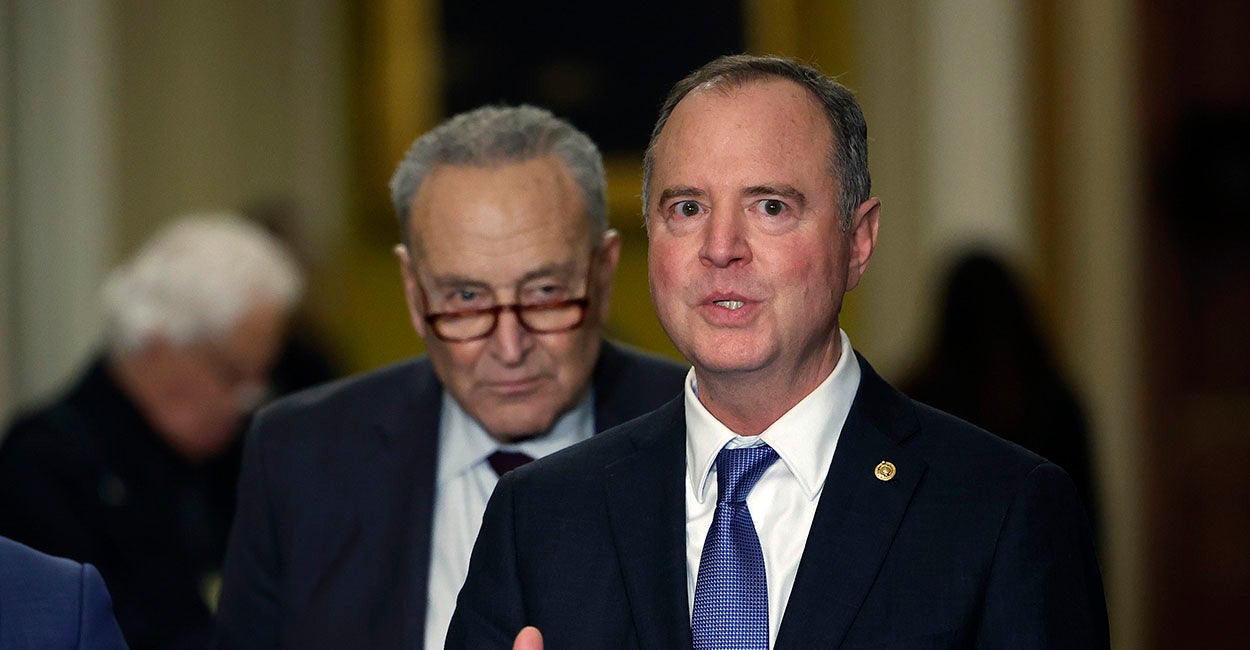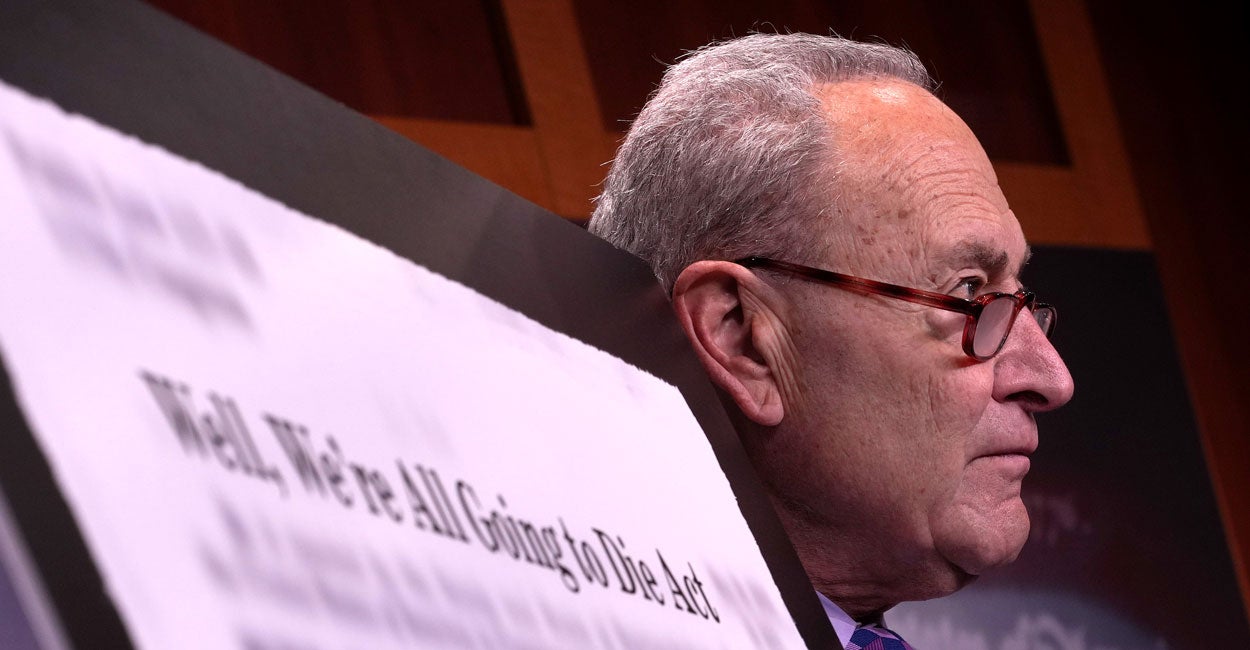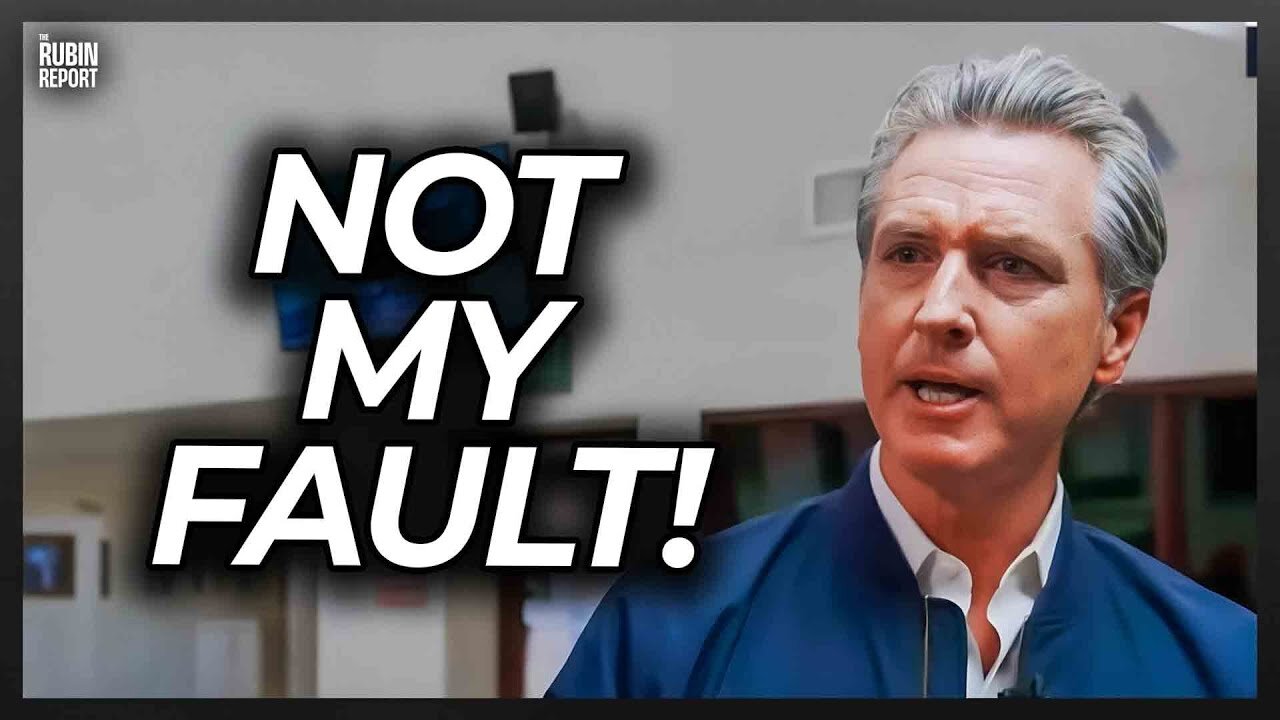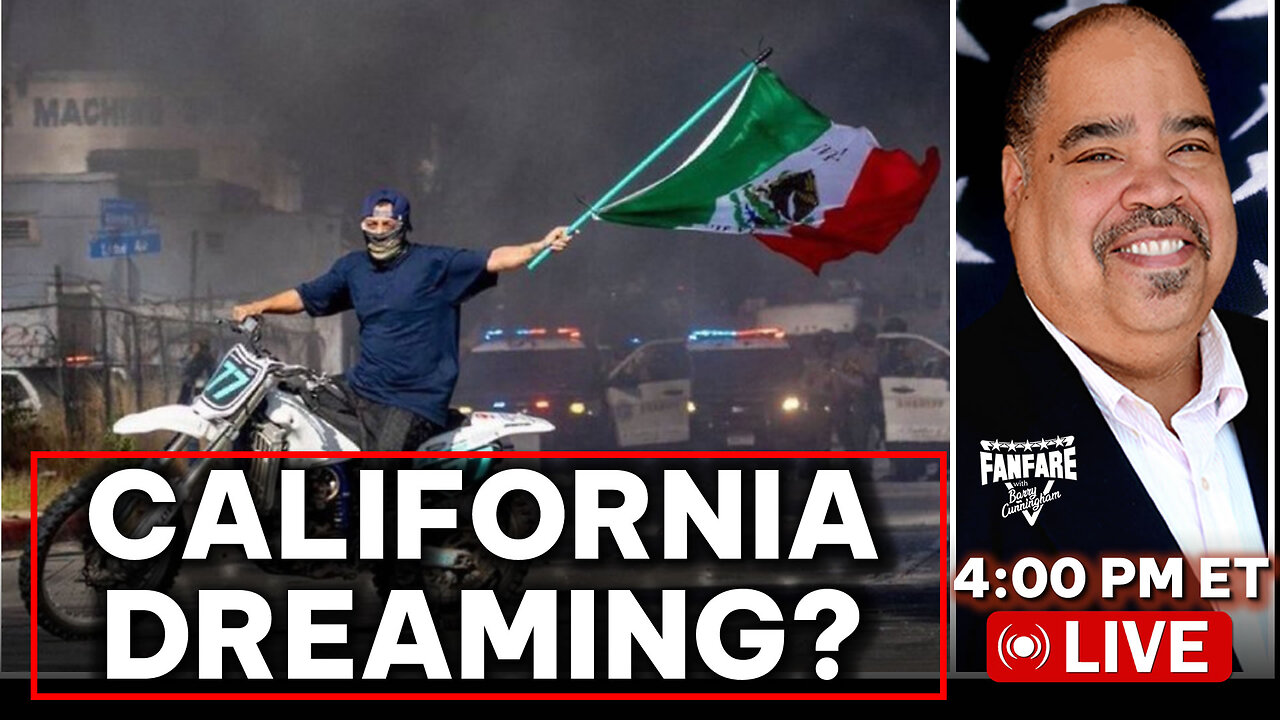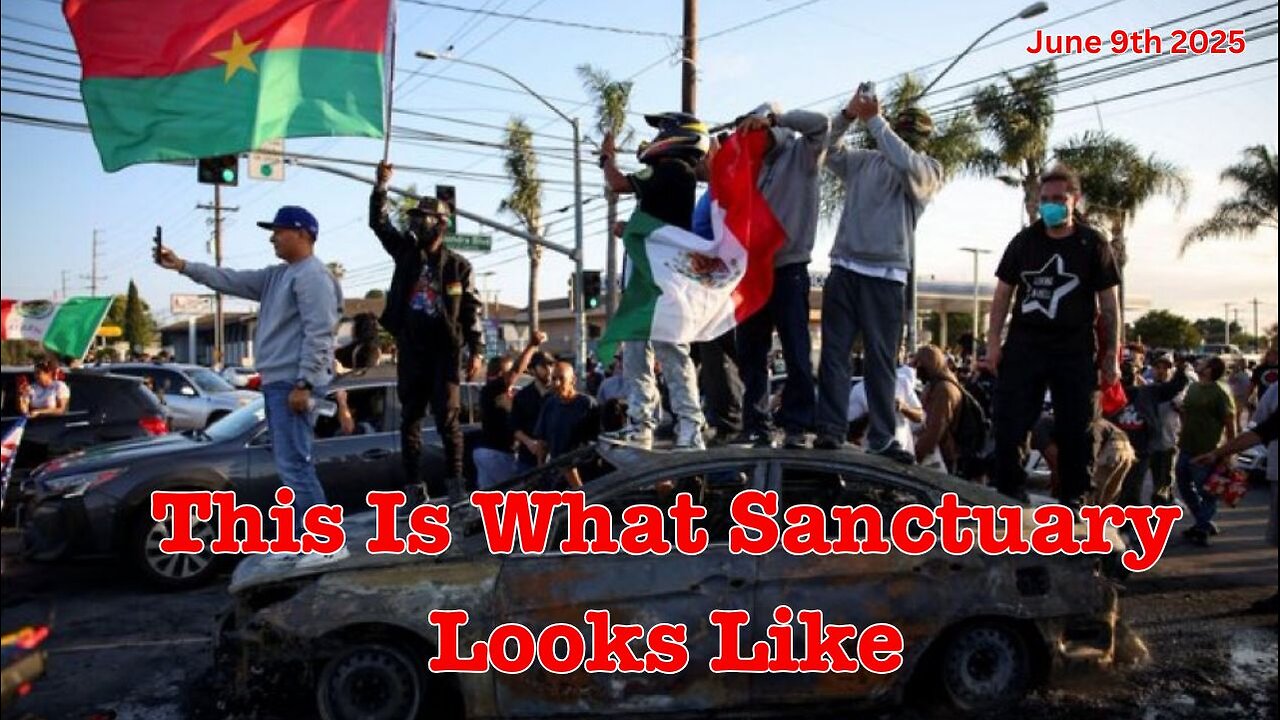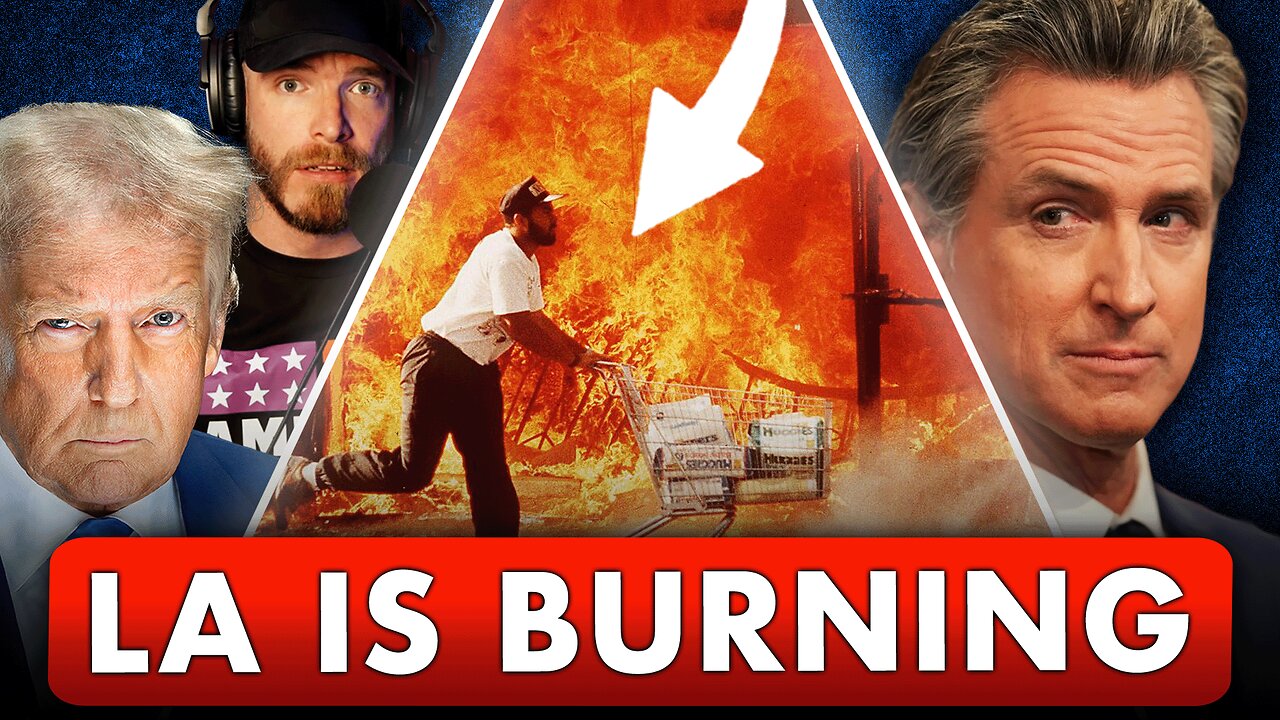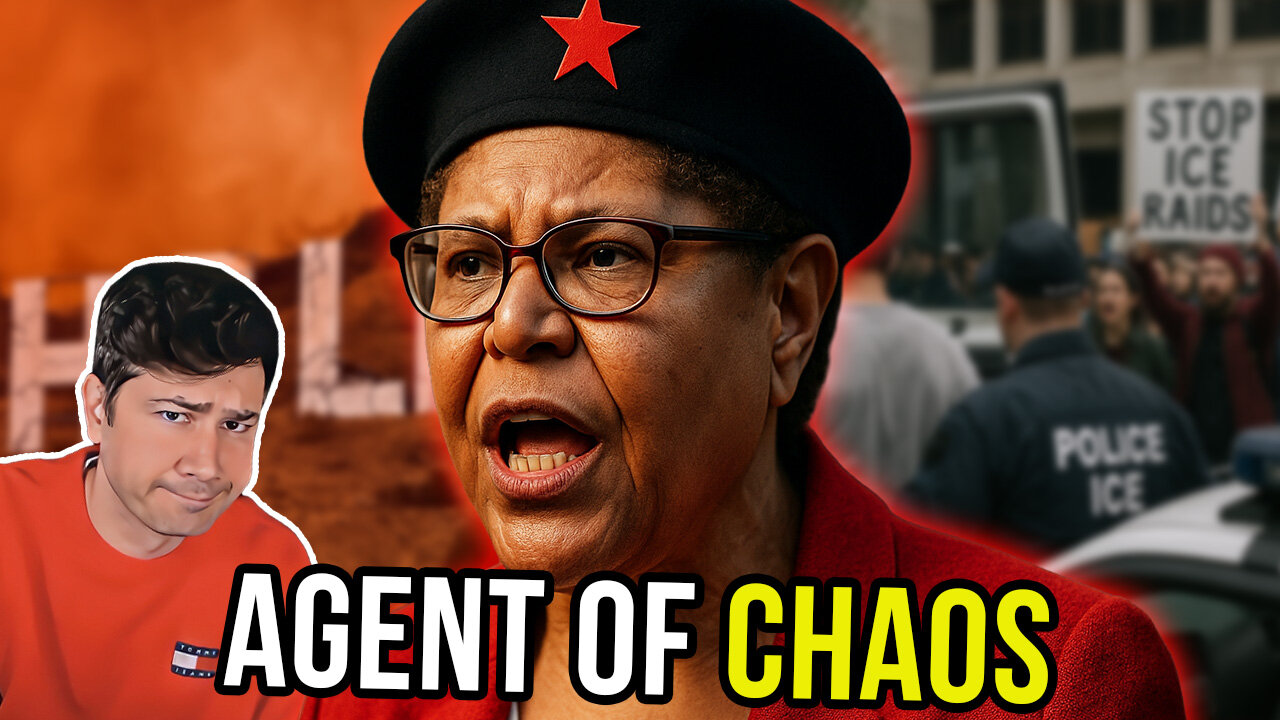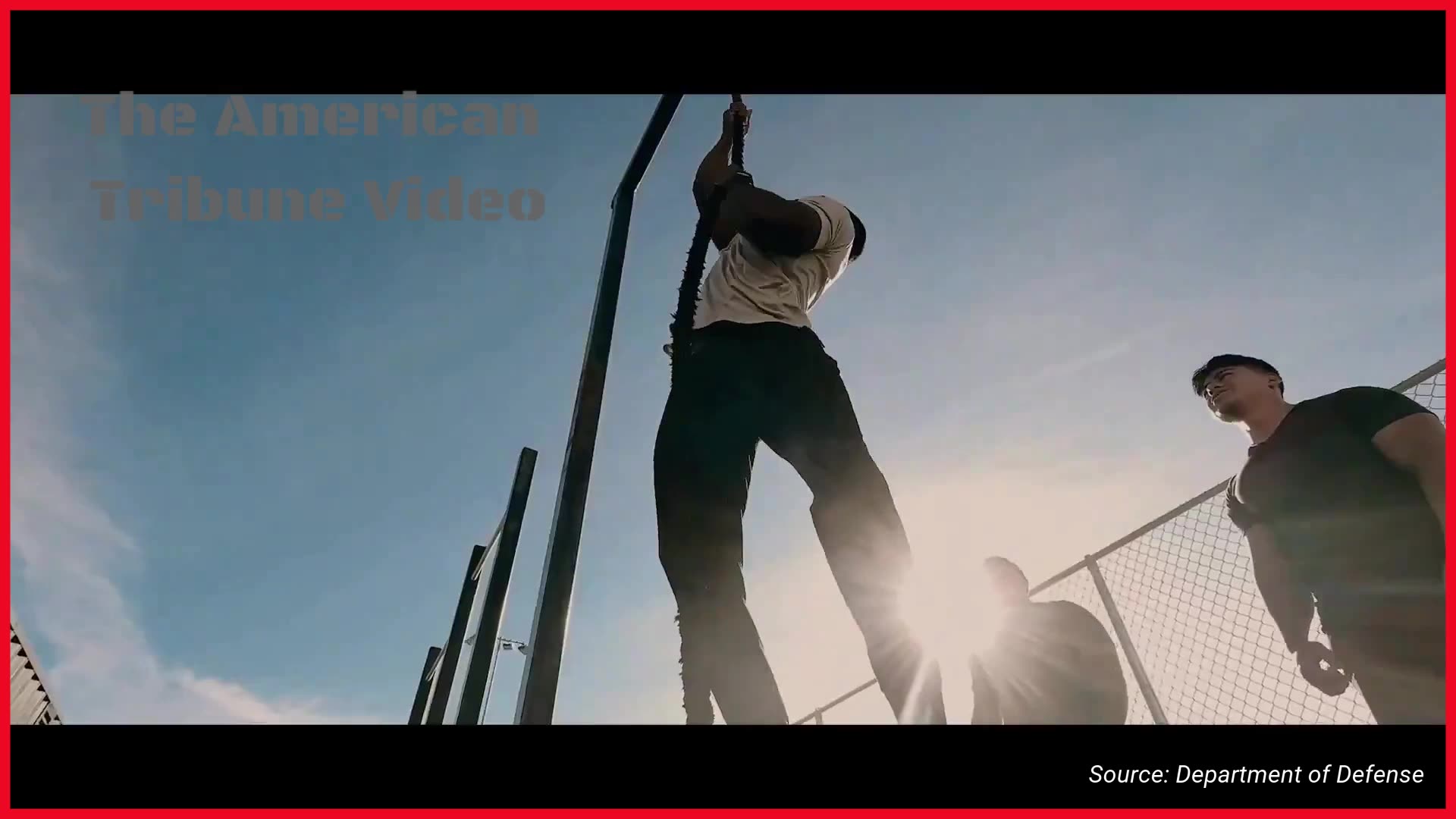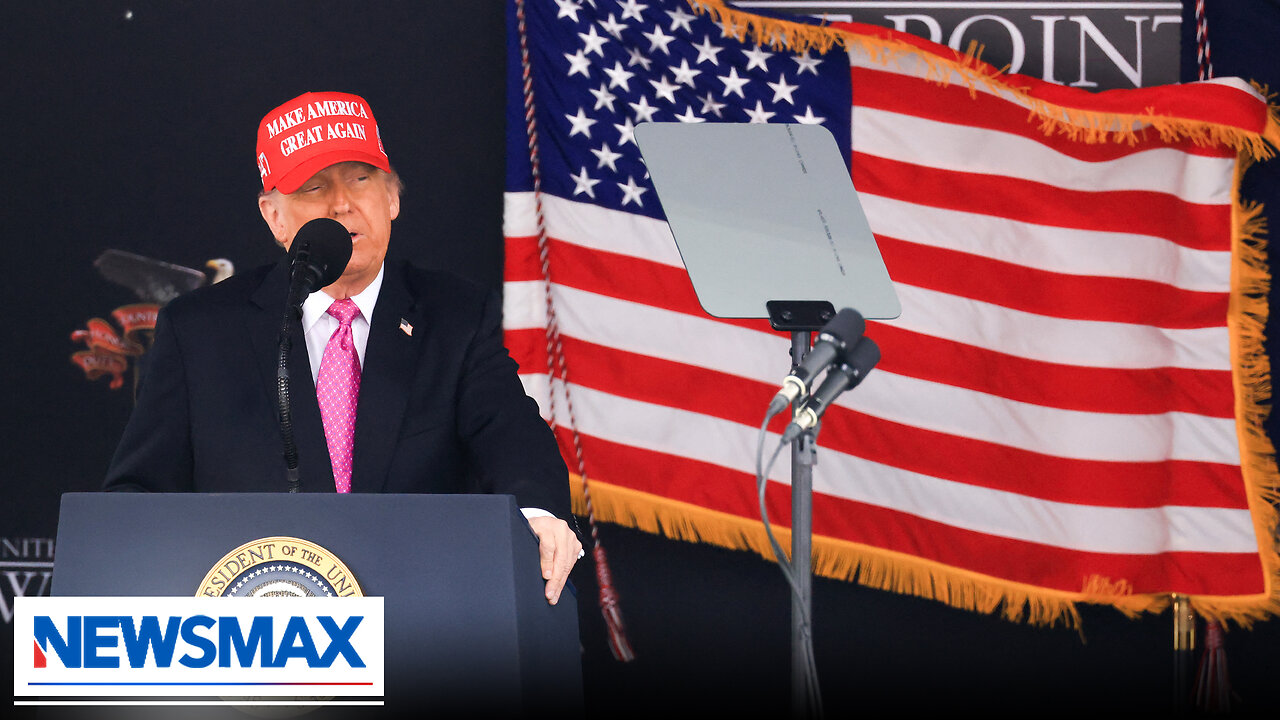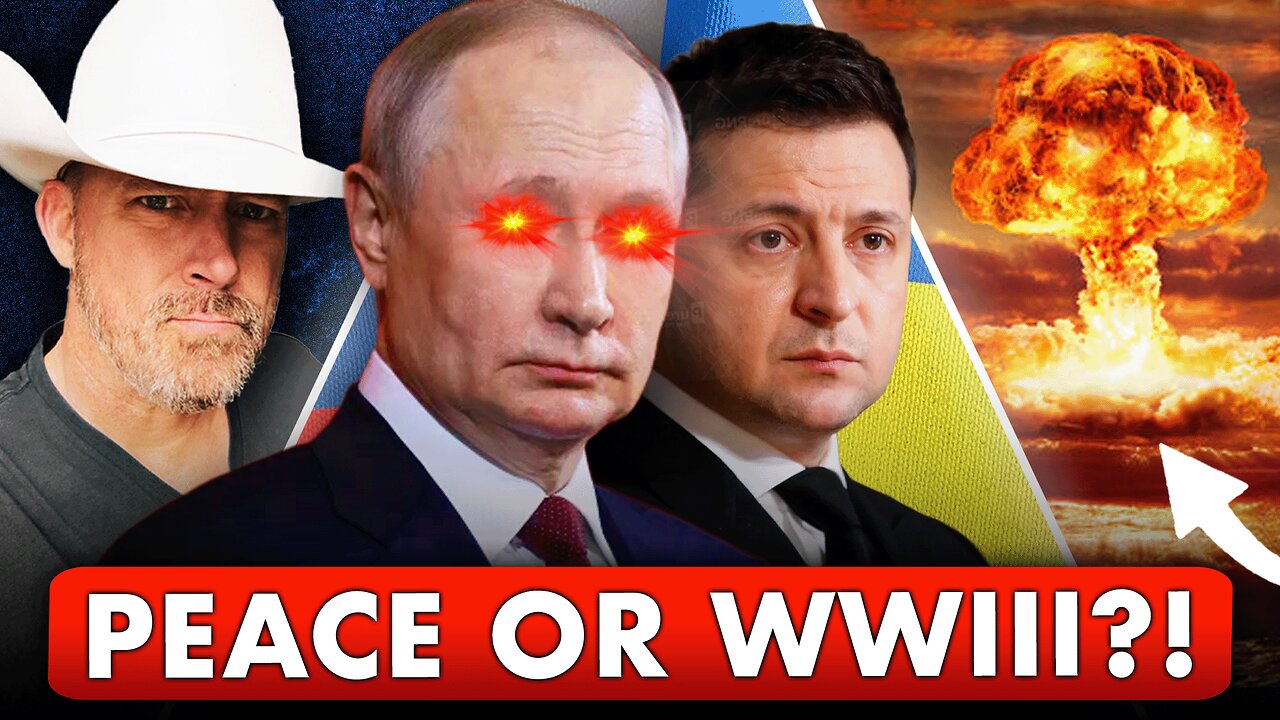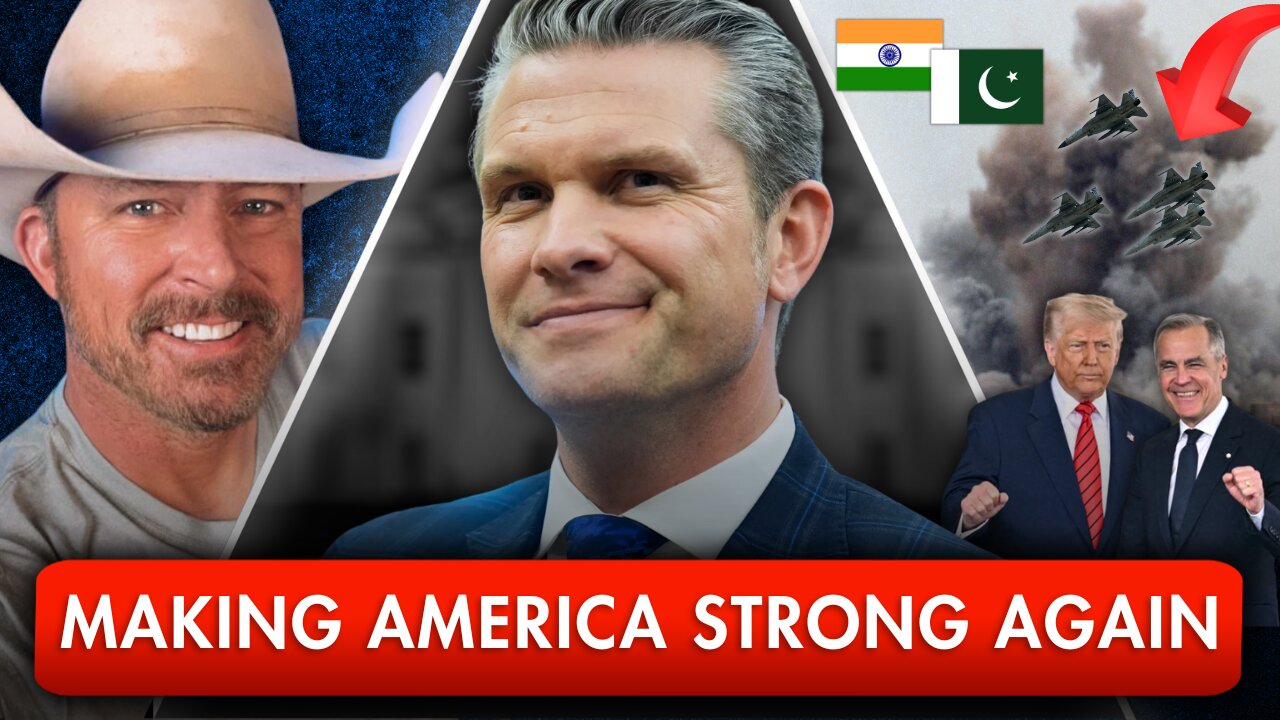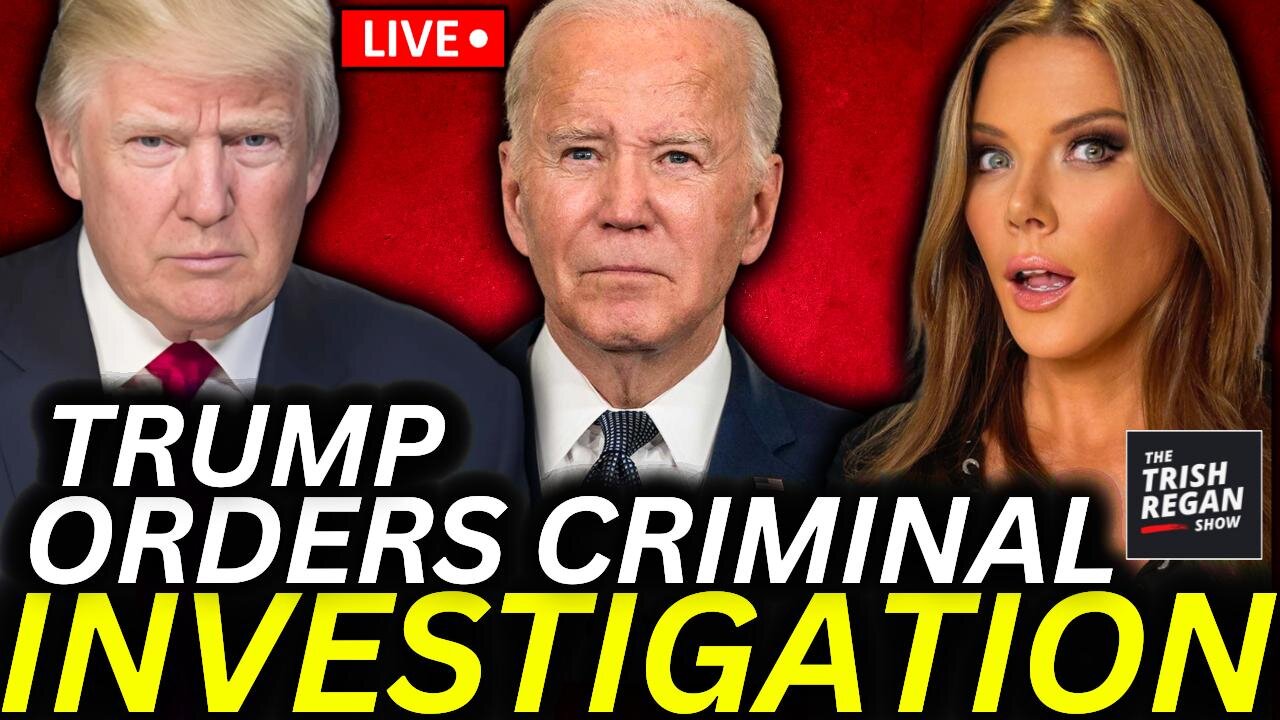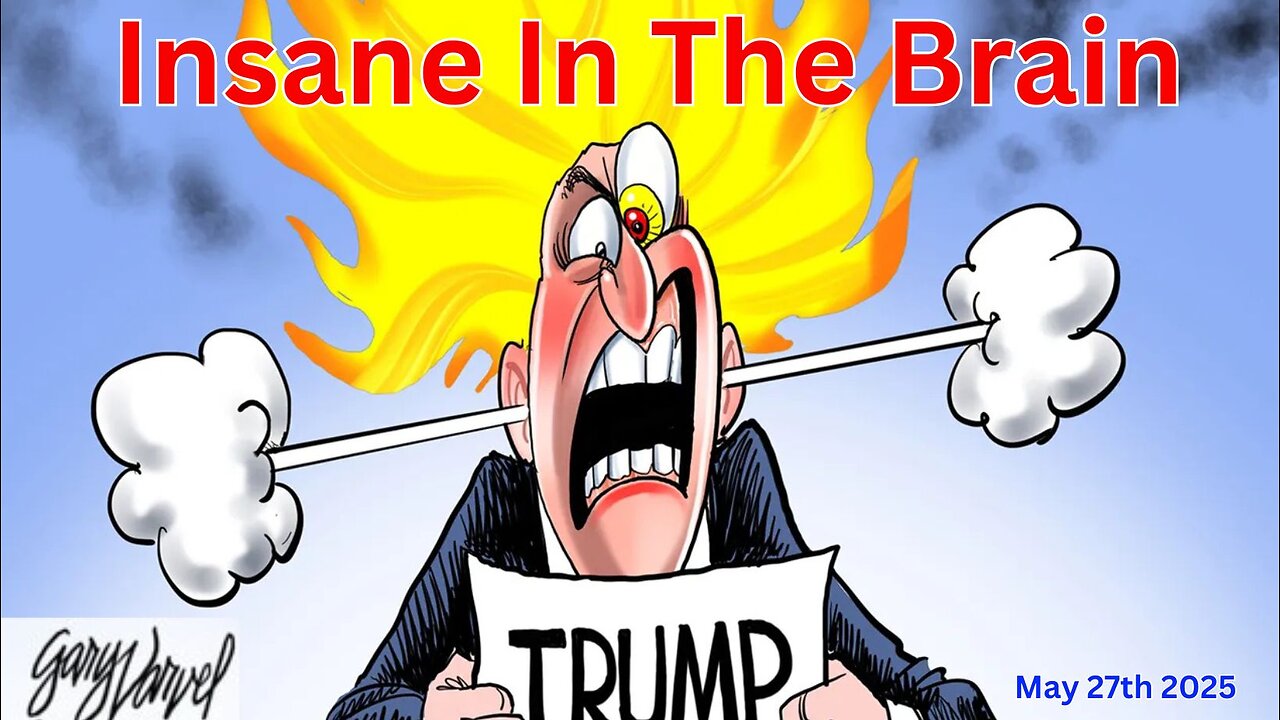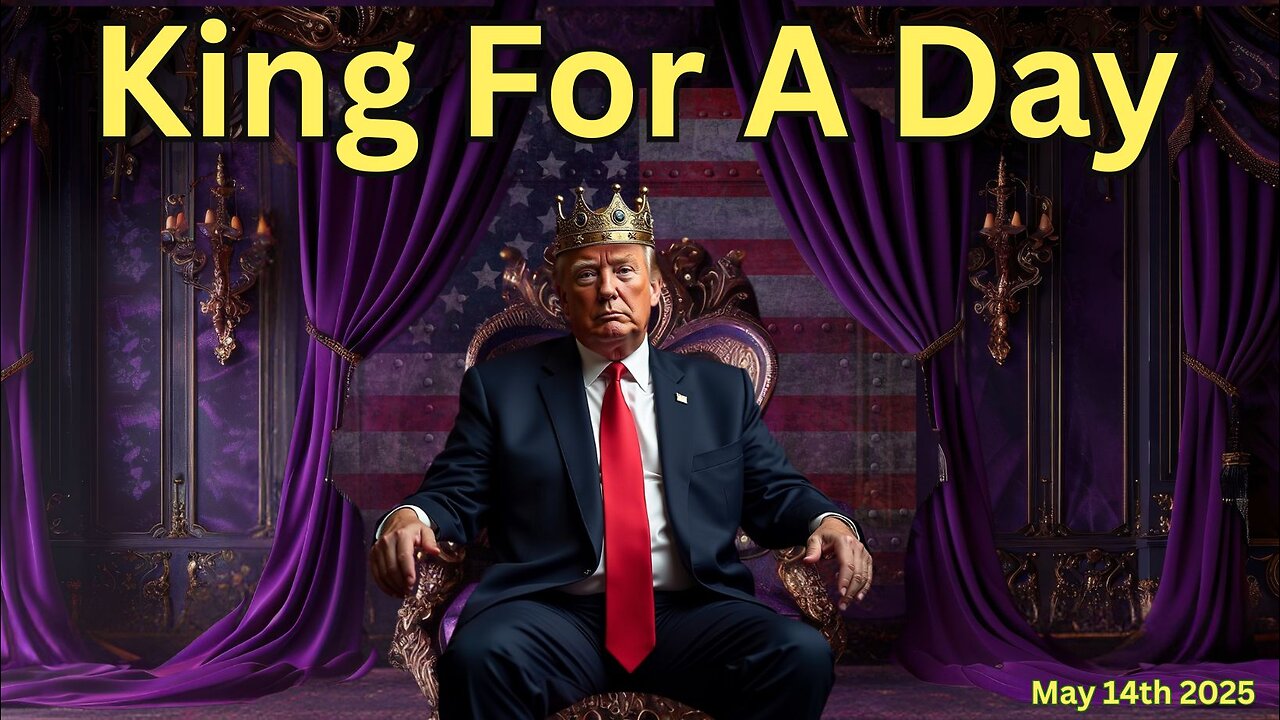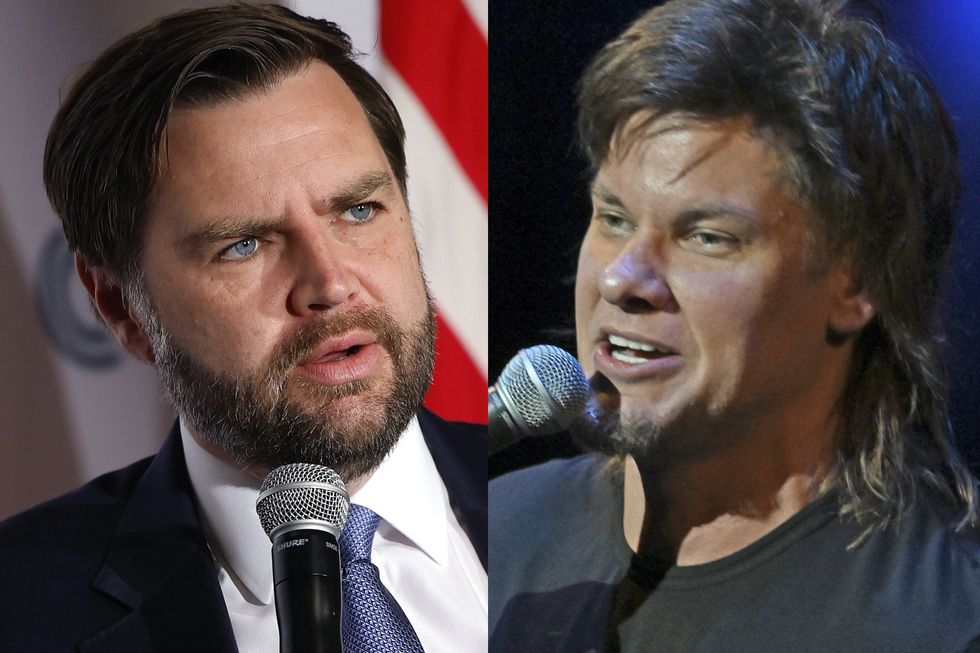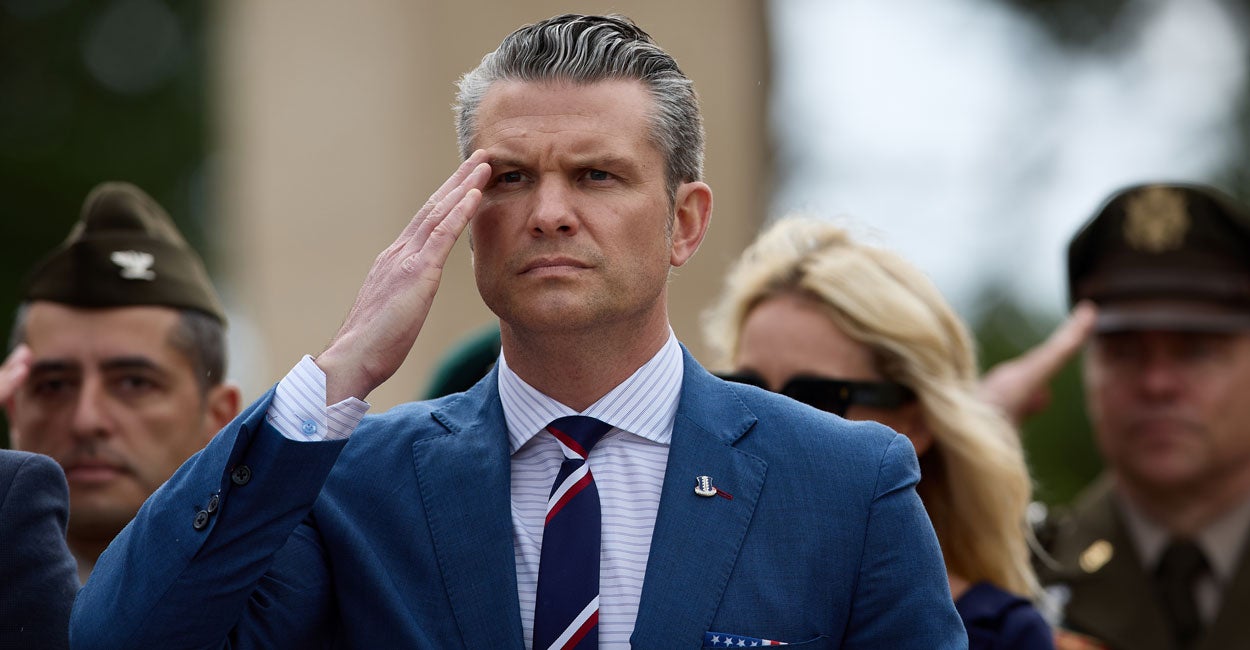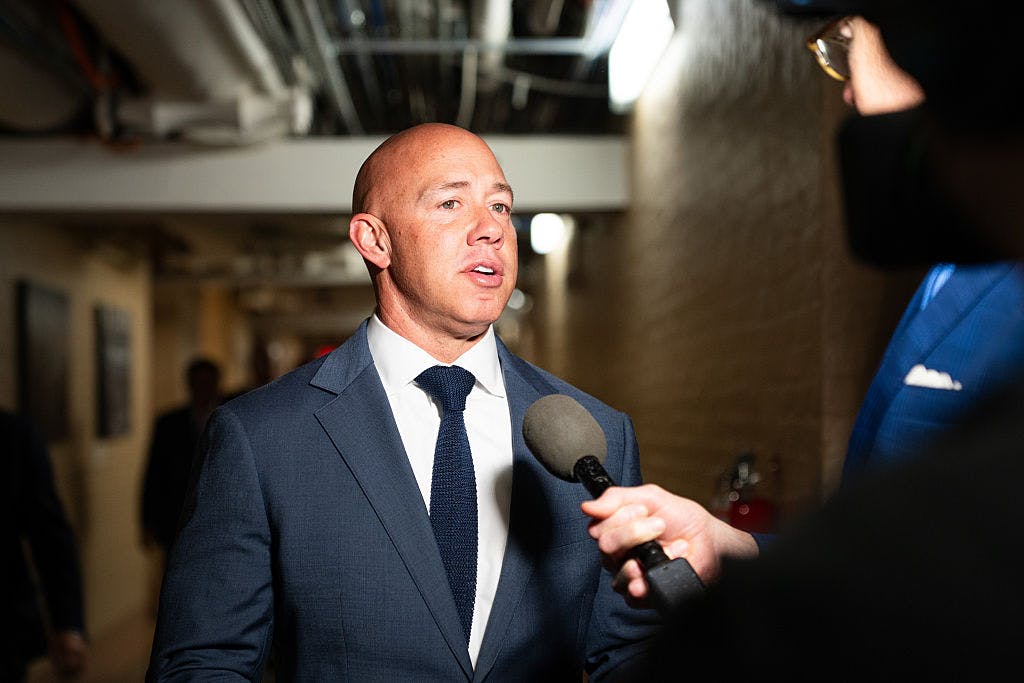Syria and America’s bloody diplomacy


The Syrian dictatorship suddenly collapses, and immediately the United States makes B-52 bombing runs in that land. Then a day later, a story emerges that unnamed officials worldwide are “disturbed” by the prospects of chemical weapons falling into the hand of terrorists.
This is a rerun of the “Saddam has nuclear weapons and so the United States must do something about it.”
Obviously, the faceless bureaucracy is staging for another war. An enterprising media might air the video of Gen. Colin Powell and his pitch to the U.N. for a general war to remove Saddam Hussein from Iraq. This is the same playbook, and they did not even bother to rewrite the text.
Syria is a mess. The population faces constant destruction from terrorists, and the government reaction is one of oppression. That is not much of a choice. Now that Assad has gone, who or what will replace him? Obviously, ISIS will ascend in Syria to join Afghanistan as twin monuments to the failure of the United States of America to understand the ways of the world.
The moment Assad departed, the Biden administration, using the 1,000 or so U.S. military on the ground, launched B-52s and other aircraft to strategically bomb Syria. The State Department characterized the attacks as targeting ISIS, but there are two facts underscoring the disingenuous nature of those remarks. The bombing will kill Syrians. Second, the bombing will do nothing to prevent ISIS from seizing control of the nation. The bombing is symbolic of a bankrupt diplomatic ideology pursued by America.
And while Assad was on the run, Ukrainian President Volodymr Zelenskyy was in Paris to tell his benefactor Americans what to do next to defeat Russia. This little twit resides in an alternate universe in which he thinks he is important, so important he can order the United States and Russia to do his bidding. The simple way to remove Zelenskyy and bring about a ceasefire is to stop supplying U.S. dollars and U.S. military equipment to Ukraine.
All Donald Trump must do is privately inform Zelenskyy of the date when the weapons and the money will stop. Then let the Ukrainian leader deal with it. Trump’s comments seem to show that understanding, but his special envoy for Russia and Ukraine, Keith Kellogg, is mired in the failed diplomacy of the past 60 years, a diplomacy that asserts the United States of America is responsible for the international relations of all nations. Some things are none of our business.
What happens between Russia and Ukraine is one of those instances. It is not our problem. We are not situated to impose a final solution to a conflict of interest and nationalism spanning more than 1,000 years.
It is undeniable this war would have been over and tens of thousands of people would be alive today if the U.S. had stayed out of the conflict. Our efforts to “save” Ukraine have destroy much of the nation. It will take decades for the people who survived this war to rebuild, and it is predictable the diplomats at the U.S. State Department and the political leadership in Wahington will come to the American taxpayers and demand they foot the bill as a humanitarian duty. We have been riding that merry-go-round pony for decades. President Trump will not have an easy time of it.
Kellogg suggested that just delaying NATO membership for 15 or 20 years would solve the problem. That statement ignores the elephant. NATO has been pushing up against Russian borders on all fronts. This war started when Russia drew a line and said it would not accept NATO expansion into Ukraine. When Vladimir Putin was ignored, he responded with military force. The irony is NATO was intended to stop war, and in this case it was the cause of war.
Ukraine is losing, but it blusters it would “not be forced” to accept a deal it did not like. That is madness, for Zelenskyy has no enforcement power. The undeniable fact is Zelenskyy and Ukraine are going to accept whatever they are told to accept.
But some of the media coverage is written as if Lord Zel is in charge here, and the U.S. checkbook is open.
As for Kellogg’s position, at issue is not “when” NATO will expand into Ukraine. Why is the U.S. diplomatic mindset dedicated to the perpetuation of the Cold War with Russia? Why are we not attempting to develop diplomacy that eliminates the necessity of NATO in the first place? Why not development a strategy to normalize diplomatic relations within Europe and by extension the United States?
Russia is European, and Russia has changed. Vladimir Putin has made conciliatory remarks about being accepted into the family of European nations, something one would never hear from Josef Stalin.
All that is needed to end the war is for Ukraine to renounce its plan to join NATO, and for Russia to guarantee the territorial integrity of Ukraine. The only argument should be over boundaries.
The U.S. Department of State would scream. The American intel community would adopt its chicken little barnyard strategy of “not in American interests.” The mid-20th century mindset that mires down American diplomacy and is the source of endless wars survives.
Instead of keeping the peace, these World War II relics lost half of Korea, lost all of Vietnam, contributed to mass destruction and misery in Cambodia, walked away from a military victory in Iraq, not once, but twice, shed blood and treasure for two decades before abandoning Afghanistan, and now there is Ukraine and Syria.
There is a basic, unavoidable reason for these failures. The United States of America was not seriously threatened.
The only act of war that required a U.S. military response was the 911 attack. But the American response could have been to flatten Afghanistan and destroy its infrastructure. We did not have to invade.
Now the people who run our diplomatic corps would not wait 48 hours before dropping bombs on the population of Syria.
Donald Trump faces an impossible staffing situation. All the experts in foreign affairs are experts in doing what we have been doing post World War II. The bureaucracy rewards and promotes the people who cooperate with the system. And that natural inclination means fresh people with fresh outlooks do not make it to leadership positions.
That limits the choice of any incoming president.
What's Your Reaction?
 Like
0
Like
0
 Dislike
0
Dislike
0
 Love
0
Love
0
 Funny
0
Funny
0
 Angry
0
Angry
0
 Sad
0
Sad
0
 Wow
0
Wow
0
